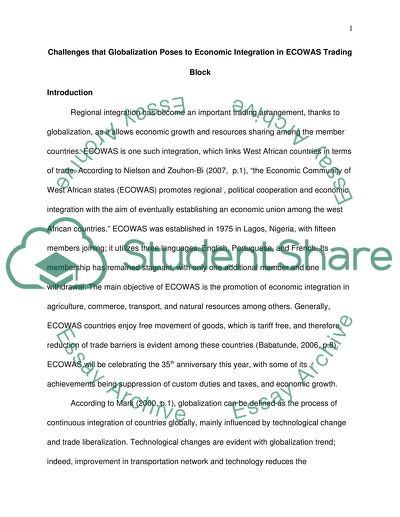Cite this document
(“Using ECOWAS as a Trading Bloc Discuss the Challenges that Coursework”, n.d.)
Using ECOWAS as a Trading Bloc Discuss the Challenges that Coursework. Retrieved from https://studentshare.org/macro-microeconomics/1445641-challenges-that-globalization-poses-to-economic
Using ECOWAS as a Trading Bloc Discuss the Challenges that Coursework. Retrieved from https://studentshare.org/macro-microeconomics/1445641-challenges-that-globalization-poses-to-economic
(Using ECOWAS As a Trading Bloc Discuss the Challenges That Coursework)
Using ECOWAS As a Trading Bloc Discuss the Challenges That Coursework. https://studentshare.org/macro-microeconomics/1445641-challenges-that-globalization-poses-to-economic.
Using ECOWAS As a Trading Bloc Discuss the Challenges That Coursework. https://studentshare.org/macro-microeconomics/1445641-challenges-that-globalization-poses-to-economic.
“Using ECOWAS As a Trading Bloc Discuss the Challenges That Coursework”, n.d. https://studentshare.org/macro-microeconomics/1445641-challenges-that-globalization-poses-to-economic.


